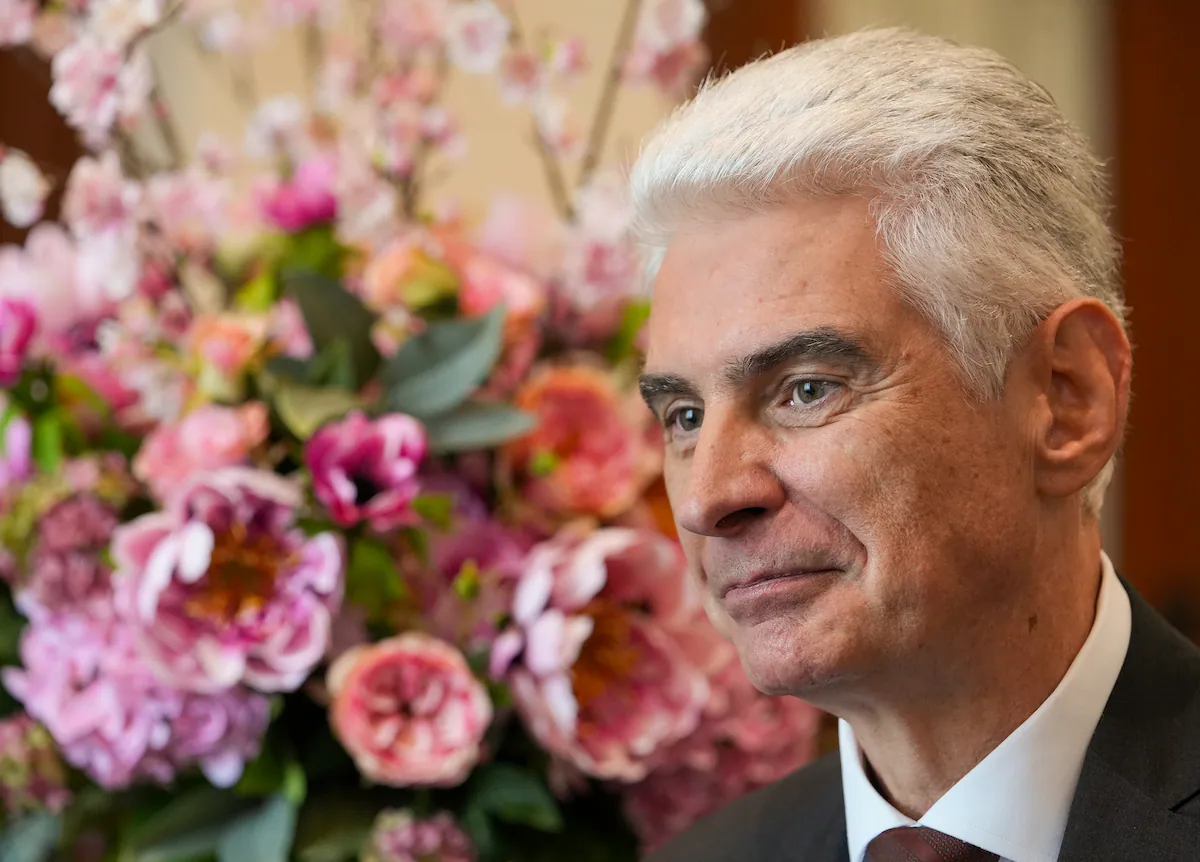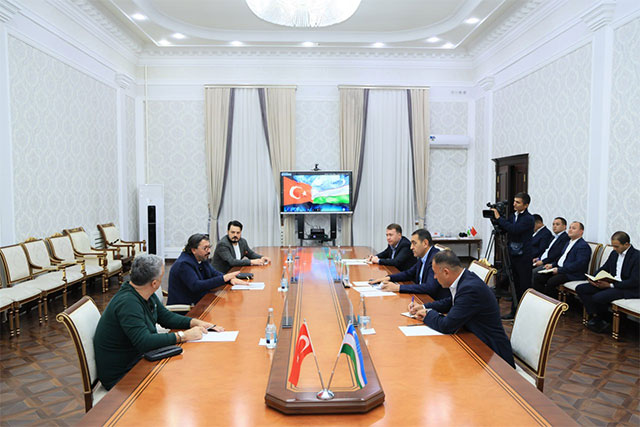Copyright Salt Lake Tribune

Picking Frenchman Gérald Caussé to fill a vacancy among the apostles of The Church of Jesus Christ of Latter-day Saints reinforces a powerful message: The 17.5 million-member church is not just a Utah or an American faith. Indeed, said Caussé, who has now joined two other Europeans in the church’s Quorum of the Twelve Apostles — Dieter F. Uchtdorf of Germany and Patrick Kearon of Britain — “I’m global.” Born in Bordeaux, the 62-year-old leader, whom church President Dallin H. Oaks appointed to his new lifetime post Thursday, has lived and served the church in four countries — France, Germany, England and the United States — and has traveled widely to many regions. But it was growing up as a second-generation member (his parents joined when he was 6 months old) of a tiny U.S.-based faith that had the most impact on Caussé. “You live and you become friends with Catholics, Protestants and Muslims,” he told The Salt Lake Tribune in a 13-minute interview Friday from the Joseph Smith Memorial Building across from the historic Salt Lake Temple. “You get to know them and live with them and love them. My wife and I are very comfortable with just spending time with people who are not members of our faith. We just are curious but also interested in what they believe, in how they live their lives, and we all go back to the same genuine faith in God.” The couple have liked every place they have visited, he said, always imagining themselves among “wonderful people.” He said with a chuckle: “Often with my wife, we say, ‘We could live here.’” That perspective will be increasingly important as the church expands in the global south and around the world, making Caussé invaluable, especially among French-speaking Africans. In his professional life, Caussé worked as a businessman in the food industry in France. He was called to full-time church service in 2008 as a general authority Seventy before joining the Presiding Bishopric and eventually rising to presiding bishop — in charge of shepherding the church’s vast real estate, financial, investment and humanitarian operations. Addressing a range of issues Here are some of his thoughts (lightly edited for clarity and length) in the interview about the church, its members and its message: • When asked about greater transparency on church finances, he said: “The church is not a business. It’s not a financial institution, it’s not an education organization, it’s not even a humanitarian organization. It is The Church of Jesus Christ of Latter-day Saints, and so all the resources that are available — I’m not even talking about money only — all of this is to accomplish the [gospel] work. There is no other purpose.” • When asked about what more could be done to elevate women in the church, he said: “I have loved serving with women in my role in the Presiding Bishopric. As you know, we had a responsibility for caring for those in need, and we did it [working closely] with the Relief Society, our dear friends and dear associates. They were in on decisions as full partners in those decisions. ... They’ve taken the lead in many of the work of caring for those in need around the world, nutrition and many other projects. And so this is only a reflection of what exists, and I hope exists, in every unit of the church, any ward or branch [congregation] in the church, there is a great partnership between men and women together, families together, working. …I’m a believer in the strengths of women in the church. … President Oaks will probably teach on that. I think there’s a lot more that we need to do, certainly.” • When asked if he would like to see a sustainability calling in every ward, he said: “I didn’t think about it. Of course, a bishop can extend a lot of callings. …[On the issue of sustainability] There is a doctrine which is very simple — to love God and to love our neighbor. To love God also includes loving his creations, and loving our neighbor includes loving every son and daughter of God upon the Earth. Those things go together. As we love and respect God’s creations … that’s one of the best ways to care for those in need around the world. …The church has to set an example. …We want to show the members of the church that they have an opportunity in their own lives, in their own communities, to exemplify those principles.” • When asked about the church being more welcoming to same-sex couples, he said: “A lot of things have been said on this. The doctrine of the gospel is very clear. I don’t think I can add to it. I can only confirm the declarations of prophets and apostles on the topic…I believe in the fact that every son and daughter of God has a genuine chance and opportunity to live the gospel and one day return to our Heavenly Father through the ordinances and covenants.” • When asked about temple building, he said: “When President Oaks announced, er, didn’t announce, actually [any new temples at the recent General Conference], I was talking with the teams that had built temples, and they said, ‘People [asked] so you don’t have any work anymore?’ They said, ‘Well, we just have to build 172 temples.’ No, the work is going fast and forward and those people building temples are very, very, very busy. [Will more be announced?] That’s the prerogative of President Oaks. A quick yes On Thursday, Caussé was meeting with the new church president, his counselors in the First Presidency and the other apostles, when Oaks tapped him on the shoulder and asked the Frenchman to wait after a bit. “He took me to a little room and sat next to me,” Caussé said Friday, “and extended the call to be an apostle.” Caussé said yes immediately to a position that would forever change his future. Any plans of retiring back to France, where his parents and some of his children live, were instantly nullified. His wife, Valérie, was not in the room, but she was in the building and was his first call. And though it meant her life was upended, too, he said she had no hesitation. Some 17 years ago, he got a call to his home in Paris from the church president, asking him to accept a position as a general authority Seventy, he explained. It would mean living in other countries, including the United States. “I looked at Valérie,” Caussé said, and she said ‘yes.’” The next day, he asked her why. “Because I had already said yes a long time ago in the temple,” he recalled her saying. “So we don’t need to look at each other and say ‘yes’ for this or ‘yes for that,’ we go where the Lord wants us to go. That’s the commitment we’ve made since the first days of our marriage.” They already miss French food, which is among the reasons they have returned to their home country as often as they could, while headquartered in the Beehive State. Luckily, Caussé said, his wife is “a wonderful cook,” who can whip up mouth-watering crepes and quiche — at home.



